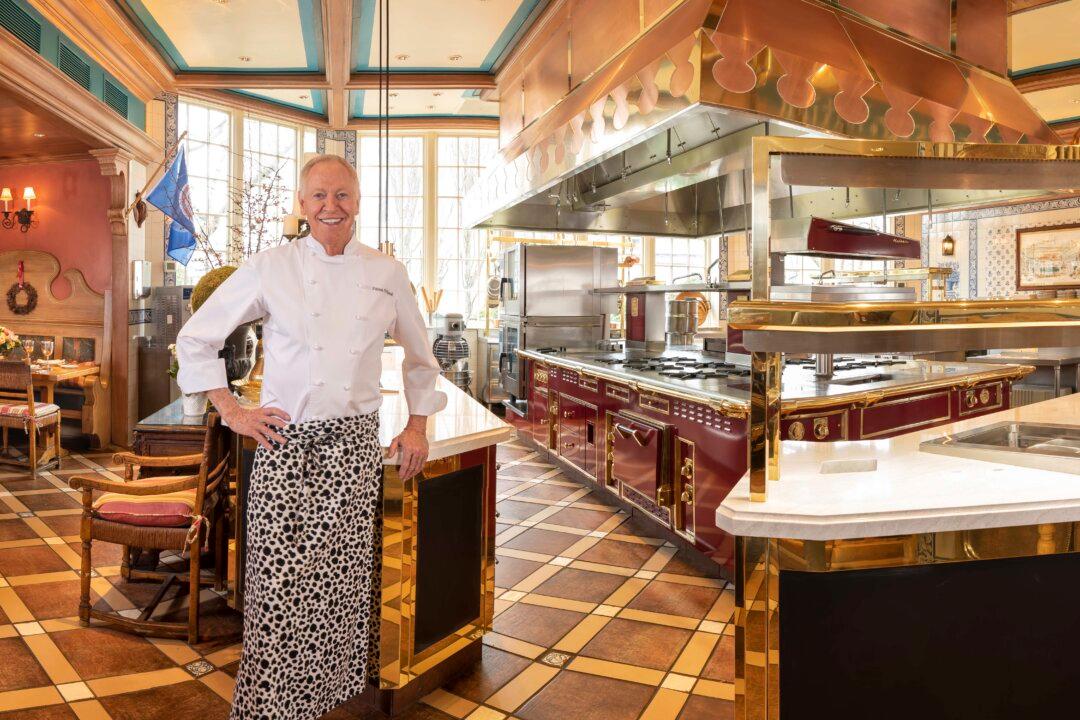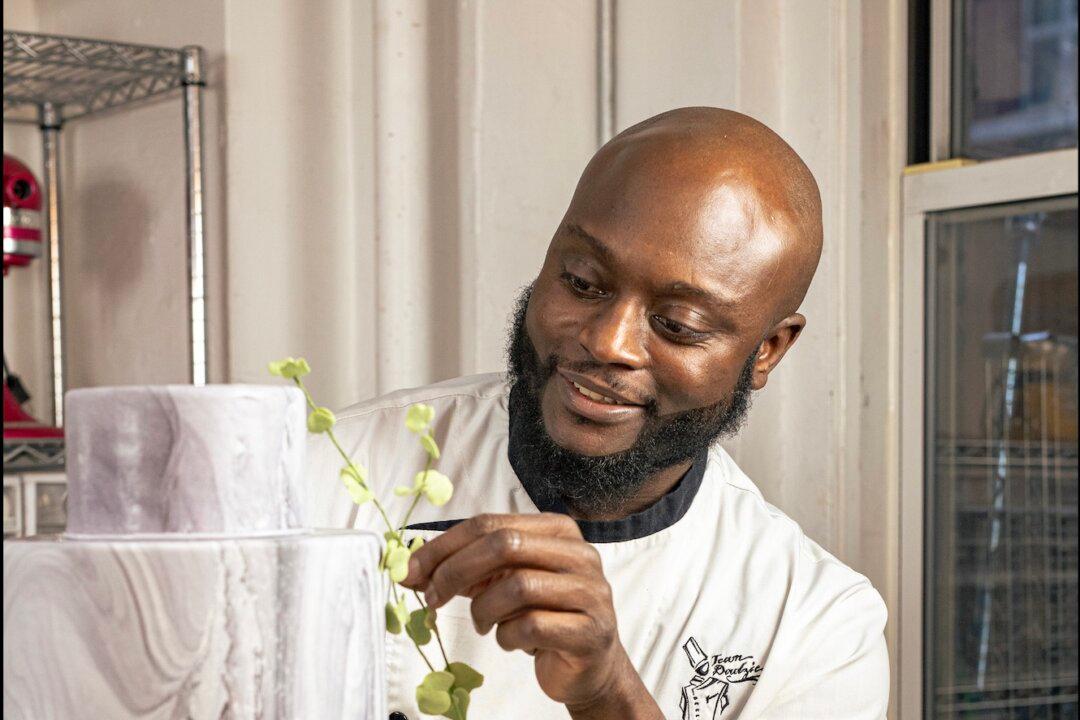If you are a connoisseur of top-tier cuisine and an aficionado of the best dining experiences you can find, you’ll likely already know the name of acclaimed culinary trailblazer and chef Patrick O’Connell. He is the founder of The Inn at Little Washington, one of only 14 restaurants in the United States to hold the coveted three-Michelin-star status since 2018. But an often untold chapter in the story that is the Inn at Little Washington is how O’Connell set out to create a one-of-a-kind experience with global influences in a little slice of Virginia that he lovingly calls home.
O’Connell’s and the Inn’s accolades are many, and easy to find. The restaurant has been raved over in national publications for decades, was one of a few U.S. properties to join the prestigious hospitality association Relais & Chateaux in 1987, and became the longest-tenured AAA 5 Diamond restaurant in history in 2011. Most recently, the Inn received a Michelin Green Star for its ongoing dedication to sustainability. O’Connell himself has been decorated multiple times for his commitment to excellence in the culinary industry, and his cookbook has graced the New York Times bestseller list.
The Beginnings
Young O’Connell was an actor. As early as elementary school, he felt the most at home on a stage, and he eventually went to university for speech and drama. Before he embarked on his theater education, O’Connell worked for a carry-out restaurant during the summers and continued to work at restaurants while in college. The dining experience was electrifying, and it filled the aspiring actor with an adrenaline that he couldn’t find in memorizing and reciting lines. It was the duality between hosting and cooking, presenting and preparing: on the one front, poise and put-togetherness, and on the other, action, high stakes, and sometimes a little chaos.
At a fork in the road of his future, O’Connell embarked for Europe, where he would learn how much French culture treasured the work of chefs. At the time—the ’60s and ’70s—being a chef in America meant that you were unable to find a “real” job, while in France, cooks were highly esteemed. “Parents were not happy about their children going into the restaurant business [in America],” explained O’Connell. “That has thankfully changed.” France, in that era, considered cooking to be a noble art form, and “chefs were regarded the way sports heroes or famous celebrities were in America.” O’Connell was determined to bring the French relationship with the culinary arts and reverence for the dining experience stateside.





